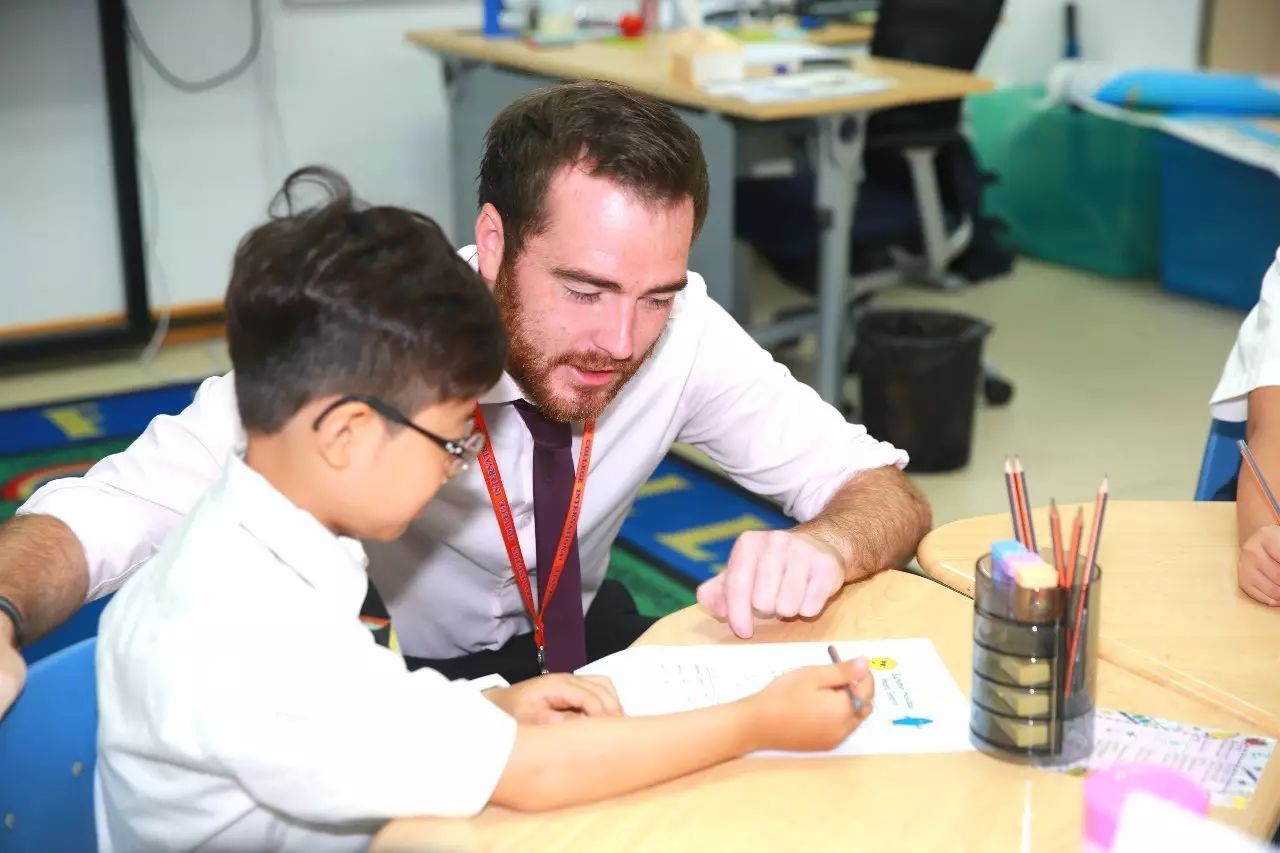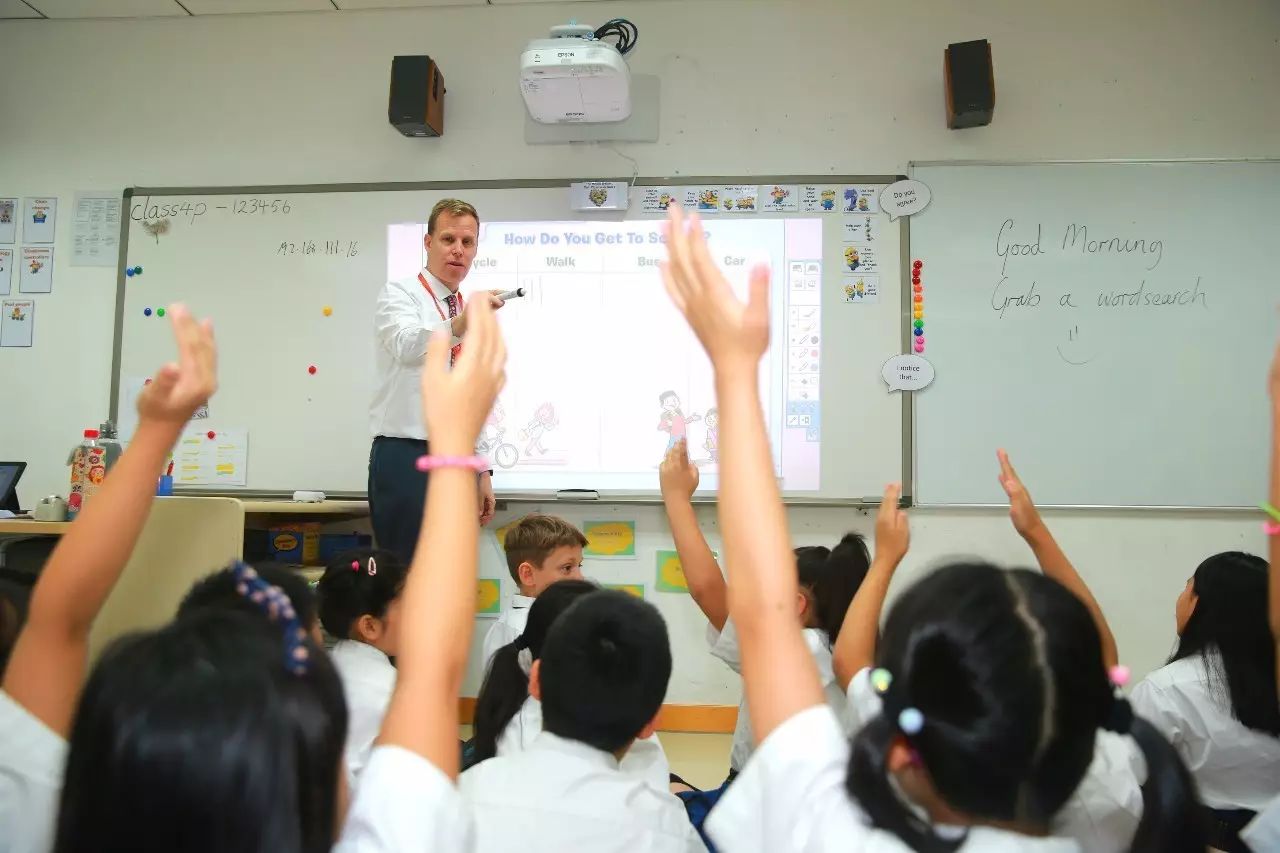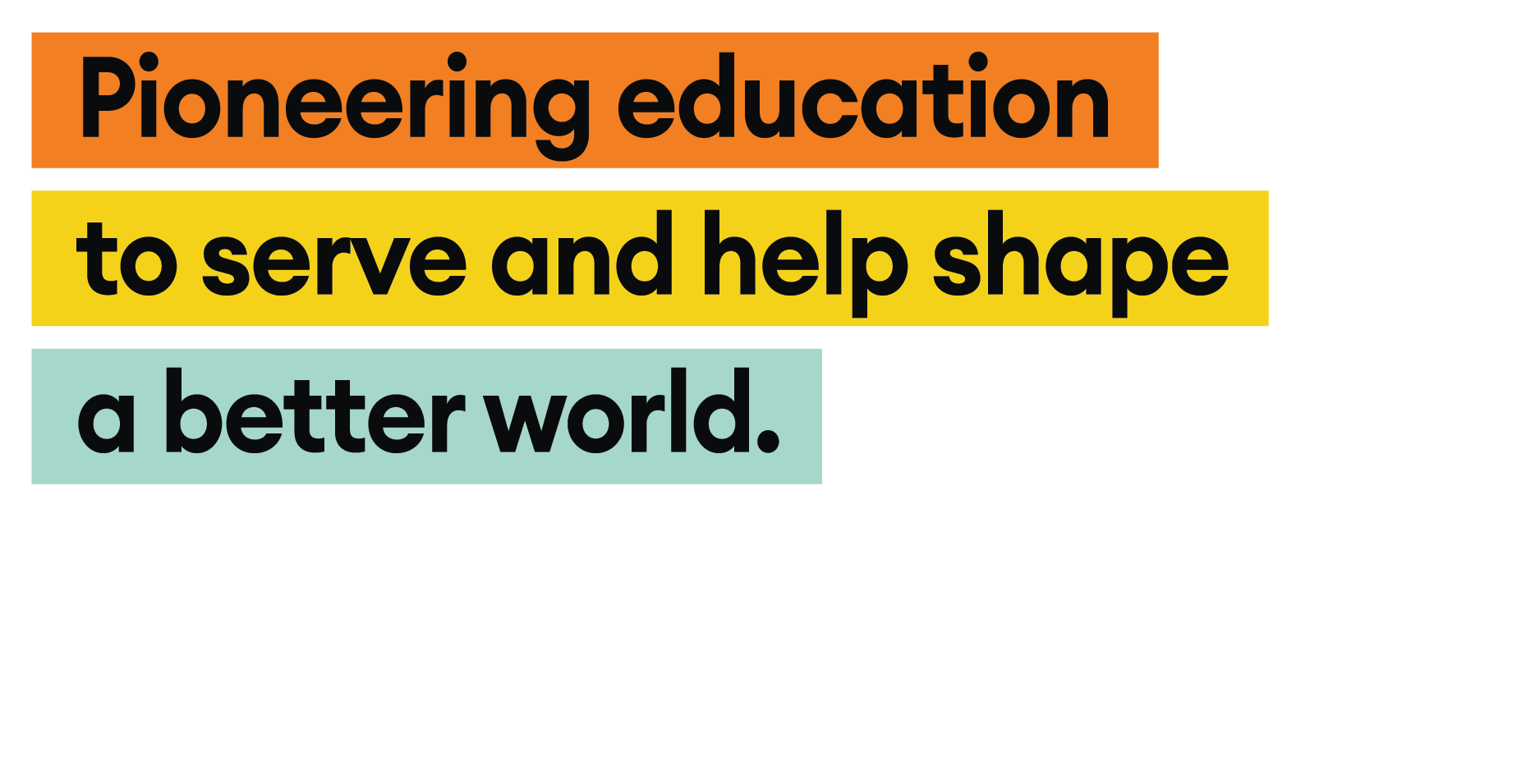Educational Insights | Mathematical Mastery in a Nutshell
In this Educational Insights Series, experts from across the Wellington College group give advice, practical help and tips for parents who are keen to give further support for their children's learning. In this article from the series, Gemma Healey from Wellington College International Tianjin discusses about mastery in mathematics.

Gemma Healey
Year 6 Teacher
Junior School Numeracy Coordinator
Mastery in
mathematics is something that we are developing and using within the junior school here at Wellington College
International Tianjin. It is based on 6 key concepts, they are: problem solving, high expectations,
representations, depth, growth mindset and mathematical language.
The first is giving children difficult problems that they must grapple with and work together where they are encouraged to identify, understand and apply the relevant mathematical skills needed to solve the problem.
Secondly having high expectations within mathematics teaching encourages learners to build confidence and resilience, this ensures that nobody is left behind and everyone can enjoy mathematics.

Thirdly the children are asked to represent the concepts of mathematics firstly using objects, then pictures and finally they are asked to write the mathematical concept down in words. This helps the children to demonstrate, explain and explore the mathematical concepts and to deepen understanding. Representing the concepts in all 3 ways help the children to truly understand and cement their knowledge of what they have learnt.
The fourth is depth before breadth, this is where the children work with a concept using the representations above and their existing knowledge to explain a concept in detail using their mathematical language. It is giving pupils the chance and the time to fully understand and explore concepts. This allows learners to be challenged by exploring concepts in new, alternative and complex ways.

The fifth is growth mindset, this is where the children learn that it is acceptable and normal to make mistakes and to keep trying even when they are grappling hard with a concept. They learn the worth and satisfaction of not giving up. They become less afraid of making mistakes and develop more of a belief in themselves as they begin to use the mistakes as a learning tool.
The last and final part to mastery is mathematical language, the way pupils speak and talk about mathematics can transform their learning and reasoning skills. Therefore, we ask that pupils explain each concept that they are working on in full sentences using their mathematical language. They are also asked to explain in detailed sentences why their answer is correct not just that they have the correct answer.

Overall this approach that we teach is focused on explanation and deepening the pupils understanding as opposed a to calculation and speed focus. The children are helped to explain their ideas by the teachers modelling sentences and mathematical language to the children during their lessons, until the children can do this on their own. The pupils are also being extended by presenting concepts and problems to them in different ways and contexts that allows coverage of more complex ideas allowing children to access a deeper understanding of concepts.





 Channel
Channel 
 Linkedin
Linkedin  Facebook
Facebook  Ins
Ins 


